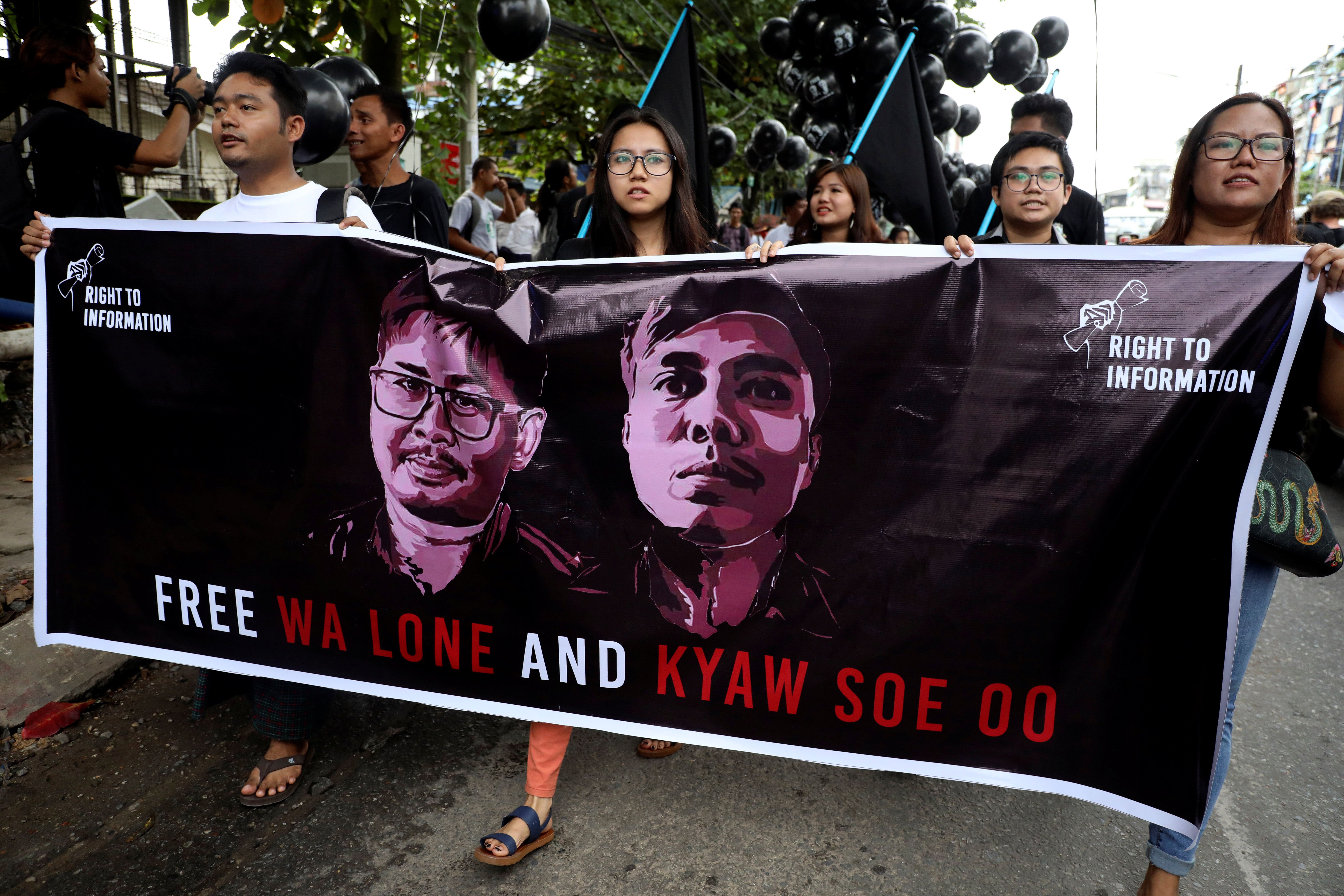254 billion: Greenland is now shedding ice sheets at an annual rate of 254 billion tons. That's seven times faster than it did in the 1990s. The resulting rise in sea levels has put millions of people around the world in danger of seasonal floods.
2,000: The United States government deliberately misled the public about progress in the war in Afghanistan, according to a Washington Post report based on 2,000 pages of interviews with officials of the Bush, Obama, and Trump administrations. The invasion in 2001 was meant to be a short rout of the Taliban. More than 18 years later, the US has spent $2 trillion and is still there.
250: The number of journalists imprisoned globally in 2019 remained near record highs, with 250 of them put behind bars for their work, according to the Committee to Protect Journalists. China beat out Turkey to become the world's leading jailer of journalists this year, with at least 48 in prison.
3: Israel is headed to its third election in less than a year after neither the right-wing Likud party nor the Blue and White opposition were able to form a parliamentary majority. Speaking to the Israeli public about the ballot slated for March 2, Israel's president implored the public not to "sink into despair."
